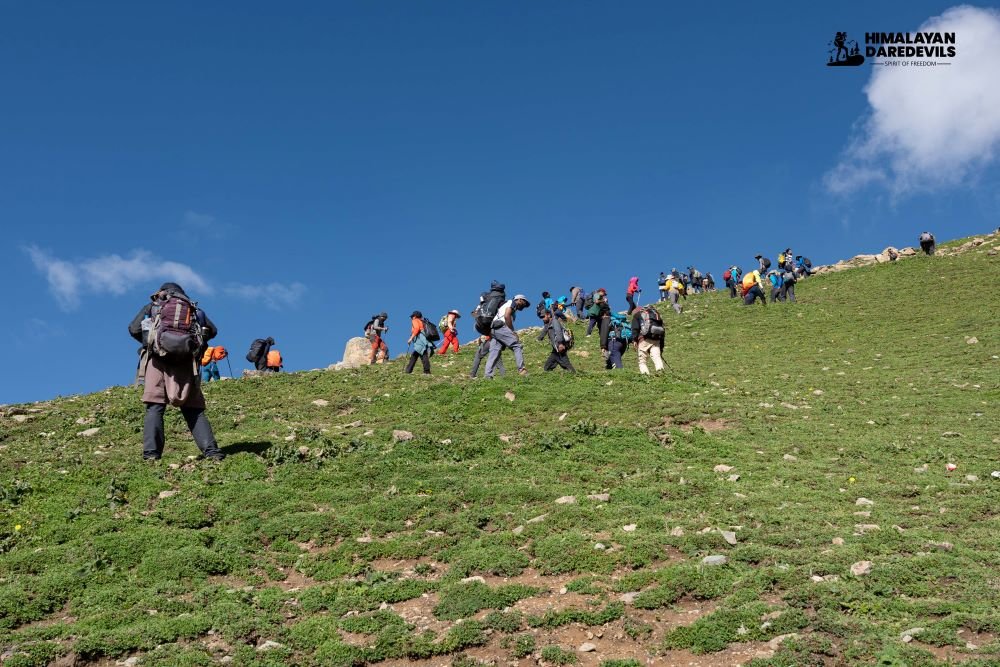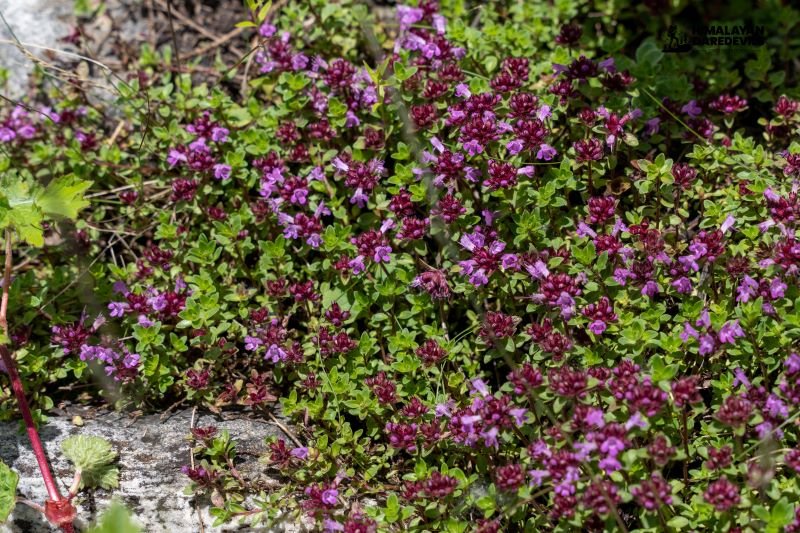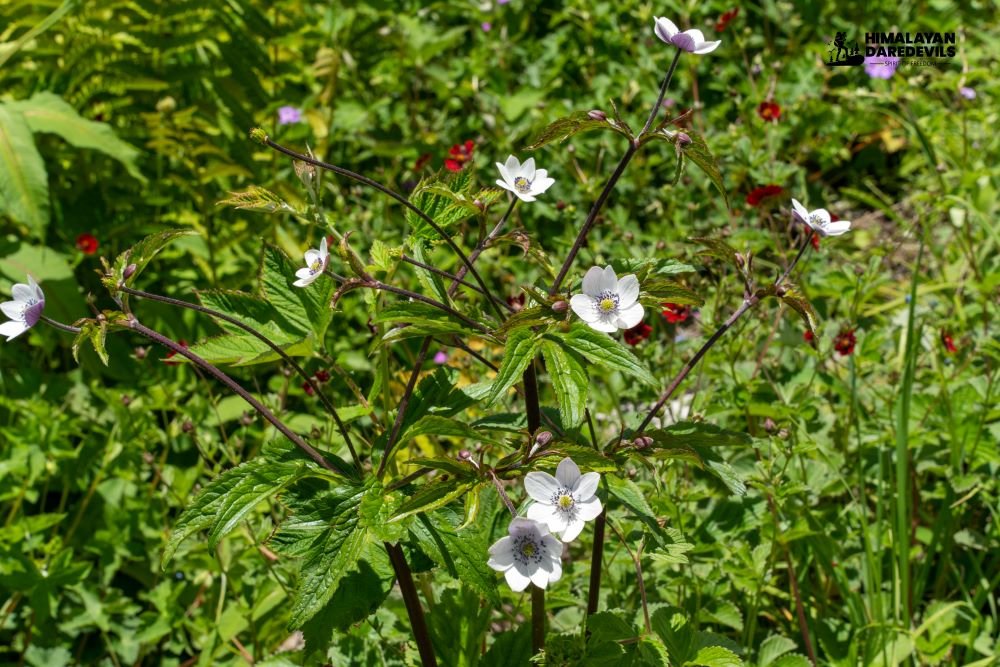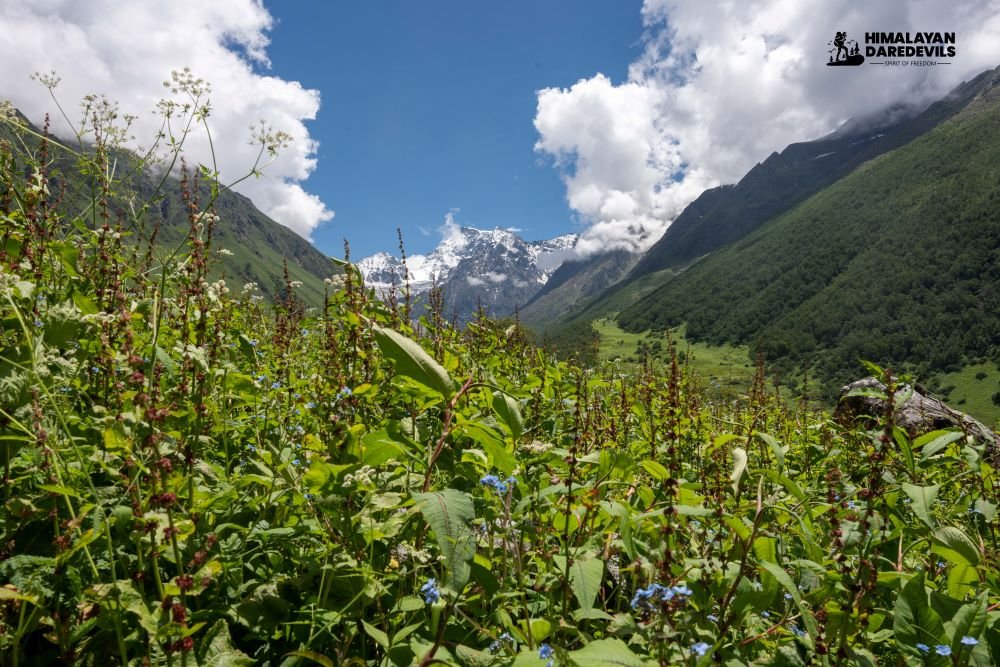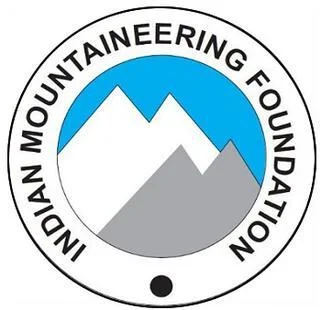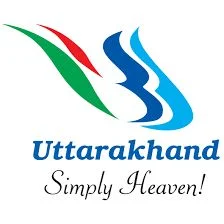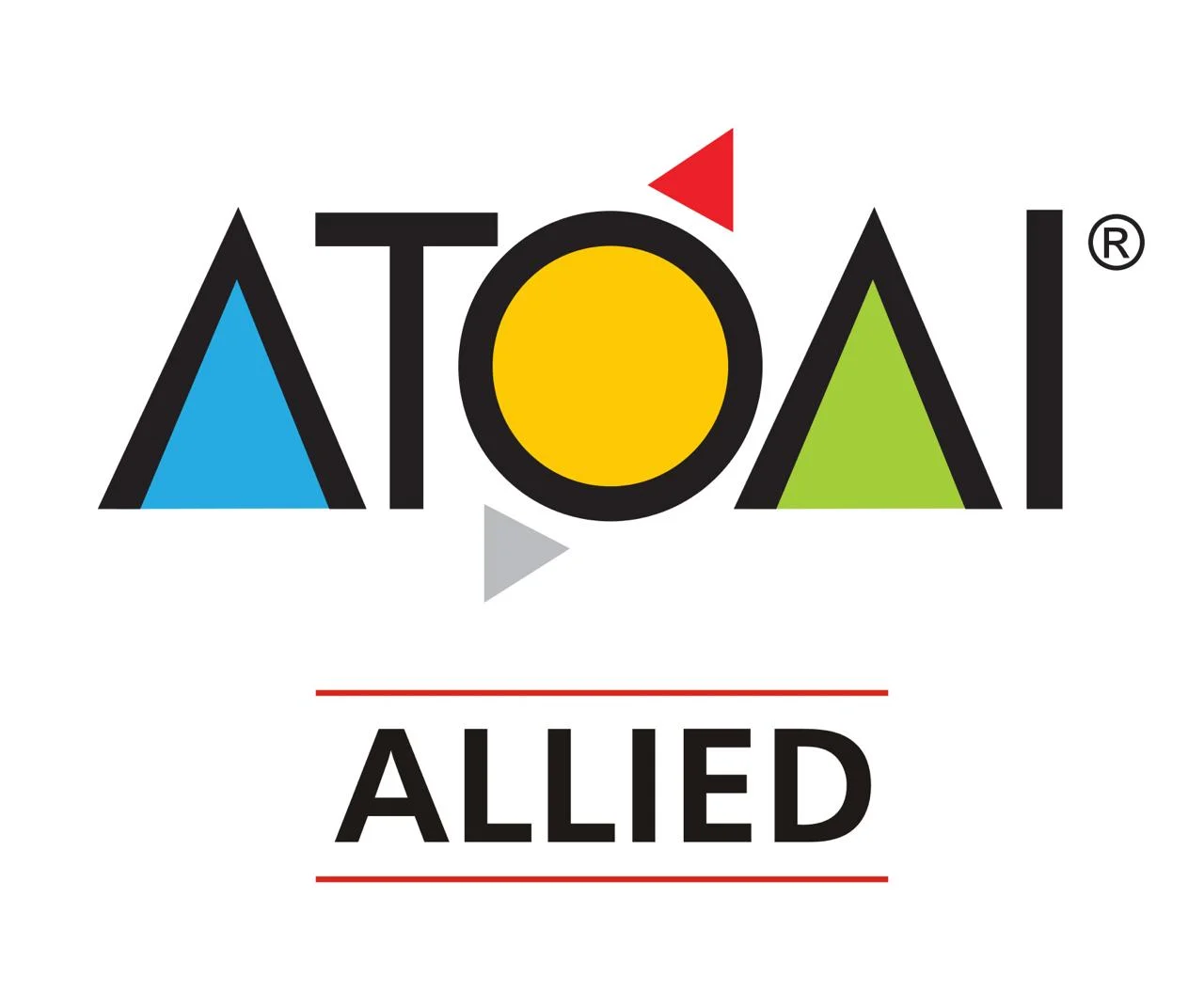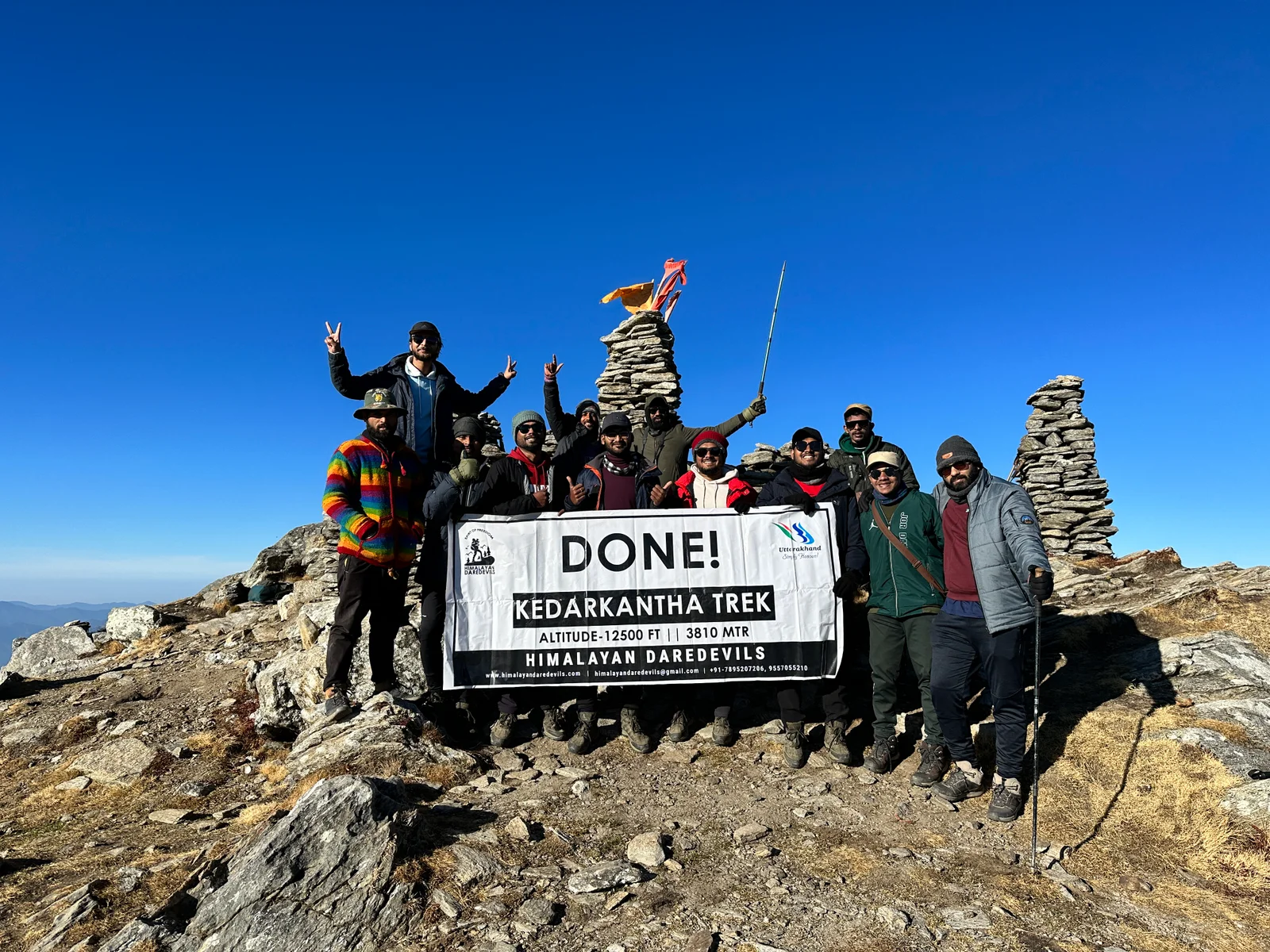Starting From
44,850
39,000.00
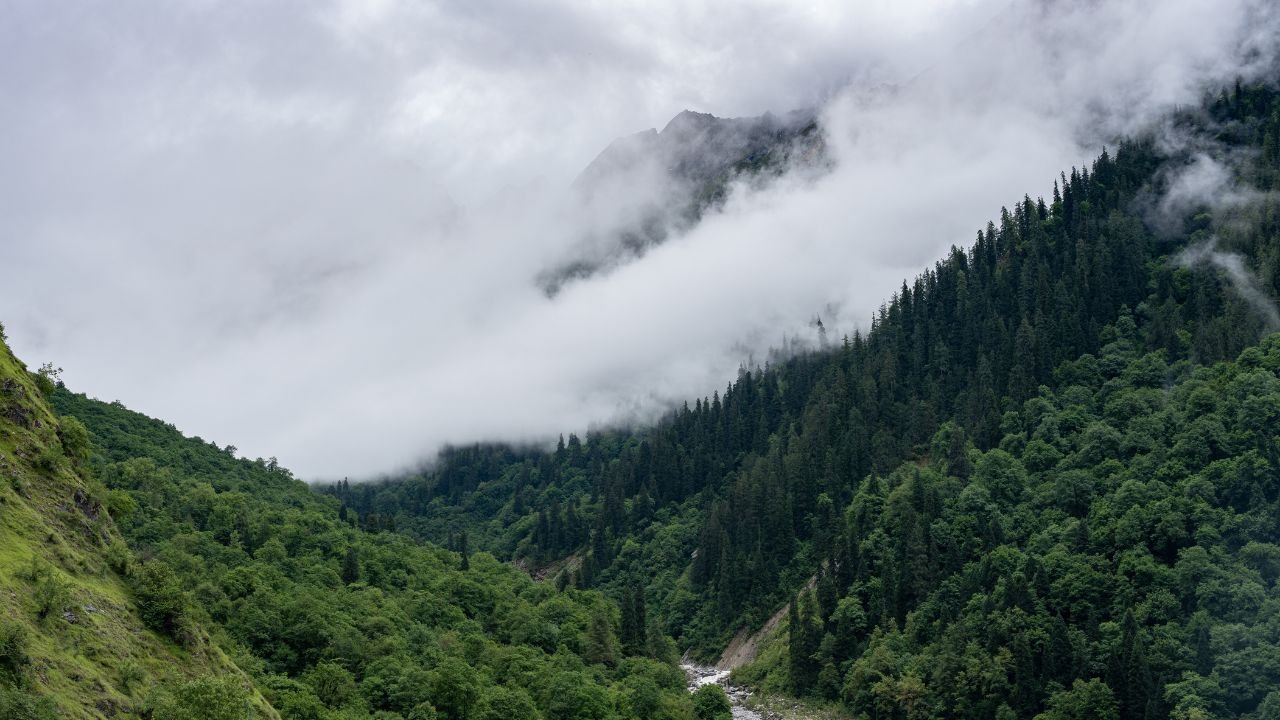
Starting From
44,850
39,000.00
Starting From
44,850
39,000.00
Chenap Valley Trek (334+ Reviews)
Trek starts and ends in Joshimath
Dehradoon Railway Station
Jolly Grant Airport
Joshimath
May to September
Joshimath to Joshimath
Veg
Hotel / Camping
Uttarakhand
8 Days
Moderate
15580 Ft
64 Km
Overview
The hidden valley of flowers, located below Sona Sikhar mountain peaks in the Chamoli district of Uttarakhand and spread across the Himalayan mountain ranges, is a prominent one for trekking in Chenap valley trek. It is an offbeat trail that takes you into the wild heart of nature. Forests of Oak-Deodar, Rhododendron trees, Sal and Teak trees, waterfalls, streams, vast meadows of grassland, and a humongous variety of wildflowers bloom here, characterizing the area. Primulas, Orchids, Poppies, Brahma Kamal, Marigold, Anemones, and Daisies are to name a few among hundreds of varieties of the wild flowers and orchids.
Although in close proximity, the Chenap Valley Trek might not be as popular as its cousin, the Valley of Flowers in Bhuyandar valley and thus remains pristine. En route there are high altitude lakes of Swanu, Nandu and Chenap by whose shores one can easily camp and stay.Visitors are strictly forbidden from camping inside the Valley of Flowers. An ancient temple of Raj Rajeshwari Mohan Nanda delights visitors and is located there. Strewn with a few hamlets here and there the valley looks like God’s own paradise on Earth.
Among all the trekking trails in Uttarakhand, this place deserves a special mention owing to its beauty. Between mid-May and mid-October, during or post-monsoon, is the best time for you to visit this place. The wildflowers bloom in full splendour, and the greenery comes alive.
Itinerary
Post breakfast, we will drive to Joshimath via Devprayag. En-route, we shall witness the confluence of Bhagirathi and Alaknanda River at Dev Prayag. By evening, we will be able to reach at Joshimath. Check in to a hotel for dinner and overnight stay.
Today, we will drive to Vishnu Prayag, from here we will be trekking to Thaing Village. In order to enter the valley, we will cross the bridge at Vishnuprayag. Overnight stay in the camp.
Today, we shall start trekking early in the morning. Our trek will be to Dhar Kharak or Baidwa Kharak. Packed lunch will be taken to serve you on the way. The trek will pass through dense forests and along the course of several streams. We shall set our camp at Dhar Kharak for an overnight stay.
Post breakfast, we shall trek to Chenap Valley. There are around 500 species of flowers and numerous medicinal plants found here. From Chenap, one can head to Badrinath via Neelkanth Base Camp. Overnight stay in the camp.
The day is free for exploration. Overnight stay in the tent.
Optional: One can Trek towards Sona Shikhar which is 8 kms via Fulna and Maskyani Bugyal. In Sona Shikhar one can see the Braham Kamal and Fan Kamal.
Post breakfast, we shall trek back to Thaing Village. Overnight stay in a camp.
Early in the morning, post breakfast, we shall trek down to Vishnu Prayag and from there will drive to Joshimath/Chamoli.
After the breakfast, we will drive to Dehradun.
Chenap Valley Trek Map

Inclusions
Exclusions
1. Meals while on trek (Veg.).
2. All necessary entry fees and permits.
3. Accommodation:- Guest house / Camping during Trek.
4. Mountaineering qualified & professional trek Leader, guide, cook, and Support staff.
5. First aid medical kits, stretcher, and oxygen cylinder.
6. Trek equipment: Sleeping bag, mattress, tent, kitchen & dining tent, toilet tent, utensils, and crampon (if required)
7. Staff Insurance.
8. Porters/mules to carry central equipment.
1. Any kind of personal expenses.
2. Food during transit.
3. Mules or porters to carry personal luggage.
4. Insurance.
5. Transport (Non Ac)
6. Any kind of emergency evacuation charges
7. 5% GST
8.Any expense incurred or loss cost by reasons beyond our control such as bad weather, natural calamities (landslides, floods), flight delays/rescheduling/ cancellations, any accidents/medical evacuations, riots/strikes/war/pandemics etc.
9. Anything not specifically mentioned under the head.
1. Meals while on trek (Veg.).
2. All necessary entry fees and permits.
3. Accommodation:- Guest house / Camping during Trek.
4. Mountaineering qualified & professional trek Leader, guide, cook, and Support staff.
5. First aid medical kits, stretcher, and oxygen cylinder.
6. Trek equipment: Sleeping bag, mattress, tent, kitchen & dining tent, toilet tent, utensils, and crampon (if required)
7. Staff Insurance.
8. Porters/mules to carry central equipment.
1. Any kind of personal expenses.
2. Food during transit.
3. Mules or porters to carry personal luggage.
4. Insurance.
5. Transport (Non Ac)
6. Any kind of emergency evacuation charges
7. 5% GST
8.Any expense incurred or loss cost by reasons beyond our control such as bad weather, natural calamities (landslides, floods), flight delays/rescheduling/ cancellations, any accidents/medical evacuations, riots/strikes/war/pandemics etc.
9. Anything not specifically mentioned under the head.
What to carry
- Trekking shoes: A good pair of trekking shoes is essential for a comfortable and safe trek. Look for shoes that are sturdy, provide good ankle support, and have a good grip on different types of terrain.
- Backpack with rain cover (50-60 ltr): A backpack is necessary to carry all your gear. Make sure it's the right size for your trek, and comes with a rain cover to keep your belongings dry in case of rain.
- Thermals (upper and lower): Thermals are lightweight and comfortable base layers that help regulate your body temperature in cold weather. Bring both upper and lower thermals to keep warm.
- 3 T-shirts (advisable quick dry): Choose quick-drying T-shirts made from breathable and moisture-wicking materials. This will help keep you cool and dry during your trek.
- 2 trek pants: Choose lightweight and comfortable trek pants that are easy to move in and can dry quickly if wet.
- Jacket (-10 degrees): A warm jacket is essential for cold weather. Choose a jacket that is waterproof and windproof, and provides good insulation.
- Fleece or hood (2): Fleece jackets or hoodies are great mid-layer options to keep warm. Bring at least two, as they can also be used as an extra layer at night.
- Sunglasses (UV protected): Protect your eyes from the sun's harmful UV rays with sunglasses that are designed for outdoor activities.
- Sun cap: A sun cap or hat with a brim will protect your face and neck from the sun.
- Hand gloves: Bring a pair of lightweight gloves to keep your hands warm and protected from wind and sunburn.
- Woolen cap: A woolen cap will keep your head and ears warm at night or in cold weather.
- Socks (3 pairs min): Bring at least three pairs of good quality socks that are moisture-wicking and provide good cushioning and support for your feet.
- Headlamp: A headlamp will come in handy if you're hiking in low-light conditions or need to find your way in the dark.
- Trekking pole (if needed): Trekking poles can help reduce strain on your legs and provide additional support on steep terrain.
- Rain cover\poncho: A rain cover or poncho will keep you and your gear dry during unexpected rain showers.
- Day pack (if you plan to offload your bag): If you plan to offload your backpack during the trek, bring a smaller day pack to carry essentials like water, snacks, and a first aid kit.
- A toiletry kit: Bring a small kit with personal hygiene items, such as a toothbrush and toothpaste, wet wipes, hand sanitizer, and toilet paper.
- Lunchbox, cup, spoon: If you plan to bring your own food, bring a lunchbox, cup, and spoon to carry and eat your meals.
- 2 one-liter bottles: Staying hydrated is crucial, so bring at least two one-liter bottles to carry water.
- 2-3 plastic covers to keep your wet or used clothes: Plastic bags are useful for keeping wet or dirty clothes separate from the rest of your belongings. They can also be used to pack out any trash or waste you generate during the trek.
How to reach
By Air:-
Jolly Grant Airport is the nearest airport to reach Dehradoon by flight that is located almost 25km away from the city. You can find regular flights from Delhi to Dehradoon.
By Train:-
In case, you want to reach Dehradoon from Delhi by train then you have regular trains which run from Delhi
By Bus:-
From Delhi, you can find a regular bus service for Dehradoon. ISBT Kashmere Gate is the main bus station in Delhi from where you will find both ac and non-ac buses for Dehradoon.
Fitness and preparation guide for Chenap Valley Trek
We recommend jogging as the best routine to get fit for a trek. It works on the same muscles that you use while trekking — your calves, glutes and hamstrings. It helps increase your stamina day by day. It is also an easy routine that does not require any equipment or tools.
Fitness target:
To do this trek comfortably, you must be able to cover 5 km in under 35 minutes. This is the minimum fitness required for this trek.
How to achieve this fitness?
- Start jogging at least 4 days a week
- If you cannot run 5 km immediately, start with 2 km and increase to 5 km over 2-3 weeks.
- Once you’re able to run 5 km, increase your pace day by day.
- Gradually increase your pace and bring it down to 5 km in less than 35 mins.
- You must be able to run 5 km in 35 mins consistently for at least 2 weeks before the trek.
This trek requires at least 6-8 weeks of preparation. The longer, the better. So plan your trek soon and start preparing.
Cancellation policy
Life is unpredictable and we understand sometimes you have to cancel or change your trip dates and it is our endeavour to make it as easy possible for you. However, please understand we plan everything including guide fees, permits, accommodation and ration in advance. Therefore any cancellation means inconvenience and certain losses to the people involved in various stages of programme. Keeping that in mind, our cancellation charges are as below-
Cancellation prior to 30 days from start of the event: Get monetary refund with 15% of cancellation charges on trek fee.
Cancellation between 30 days and 15 days to the start of event: 50% on trek fee is non refundable and the remaining 50 % will be given as cash voucher which is valid for 1 year.
Cancellation less than 15 days to the start of event: No refund.
Please note cancellation will be only accepted by email.
Booking amount is non refundable
Note: The Himalayan Daredevils reserves the right to cancel a programme before departure in the event of logistical problems arriving due to natural calamities, strikes, wars on any other circumstances that makes the event inadvisable. In this case, 50% on trek fee is non refundable and the remaining 50 % will be given as cash voucher which is valid for 1 year.
Itinerary changes & trip delays:
We plan itineraries based on the information at the time of planning and in rare circumstances, there are subject to change. In the event that the itinerary is changes or delayed due to unforeseen circumstances such as bad weather conditions, transportation delays, government intervention, landslides etc. We will always aim to give you the best experience possible. However The Himalayan Daredevils are not be held responsible for the cost of delay or changes.
Why Choose Us
